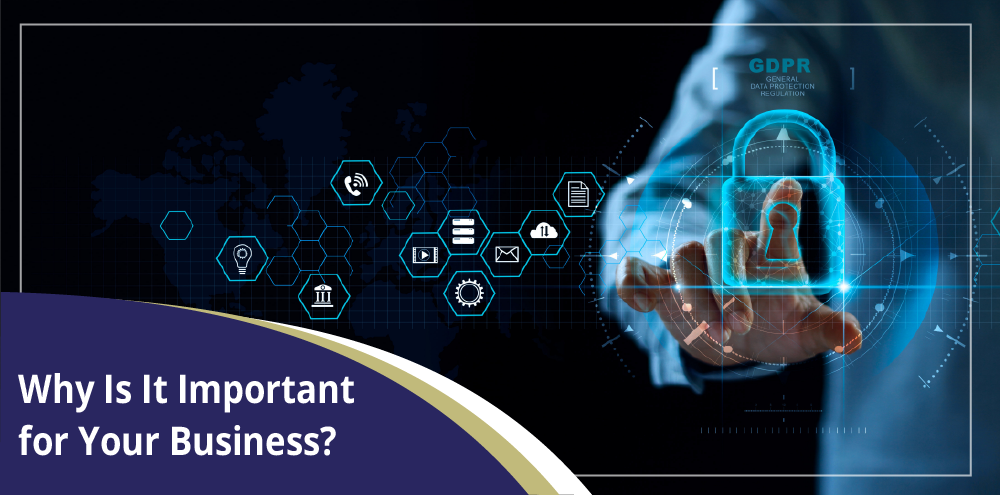- April 6, 2022
- Posted by: thinkjcw
- Category: Blog


Why is cybersecurity so important for businesses?
Increased security is the obvious reason why all businesses, big or small, should have employees of all levels learn the importance of protecting themselves and your company from “human exploits” and cyber attacks.
- As many as 60% of hacked small and medium-sized businesses go out of business after six months.
- The global average cost of a data breach is $3.92 million.
Many compliance regulations such as HIPAA, PCI, SOX, GDPR and CCPA, and even some insurance requirements, require cybersecurity training for all employees.
DID YOU KNOW?
Phishing is the number one security threat to businesses. It is vital to test users frequently through phishing simulations to ensure that they are retaining what they learned, and refreshing their knowledge if needed, instead of falling for an actual, costly phishing attack.
What are the benefits of having cybersecurity-aware employees?
Training your employees and yourself on cybersecurity related safety and best practices will create a sense of empowerment, not only in the office but remotely. You can rest assured that your workforce will be confident in the decisions they make when creating new passwords, filtering through suspicious emails or browsing the internet.
Cybersecurity awareness training will immediately increase your employees’ awareness levels and give them the practical skills needed to better protect your business from the dangers of data breaches, network attacks and ransomware threats.
Cybersecurity Process
Train your employees. That’s your first line of defense. If your employee is suspicious of an email that comes in that doesn’t look right and turns out to be a phishing attack, they could have saved your company. Train employees and have them understand the risks and vulnerabilities.
Implement good policies and procedures. That way, employees know what they can and cannot do on their systems. Social media is a big issue for a lot of small businesses because their employees are on social media all day long. They click something and what happens? Malware is introduced to the system.
Identify your assets. Create an inventory of everything you have within your company, all of your IT assets, hardware, software, servers, laptops, cell phones, etc.
Establish a detection system. You should have anti-virus software, anti-malware, anti-spyware installed, installed properly and kept up to date.
Protect your information. Only certain folks within the company should look at certain types of information. That should be based upon their role within the company. That also means having good surge protectors and an uninterruptable power system, so when the power goes down you don’t lose all your data. Also, perform automatic backups.
Secure wireless access points. This is a big vulnerability for a lot of businesses. They really don’t understand how easy it is for someone to get into their internal information through their Wi-Fi. We’re suggesting that they encrypt information and don’t broadcast things in the clear.
Set up email and web filters. You can block certain types of websites you don’t want your employees to access during the day. We encourage folks to set up these types of things, and use the tools that are available. They can go a long way to helping build their cybersecurity program.
Keep good logs. That way, you know who’s logging in the system, what time they came in, and what they accessed. When you have an incident occur you can go back and do the forensics and figure out what happened, who had access, and try to recover from there.
